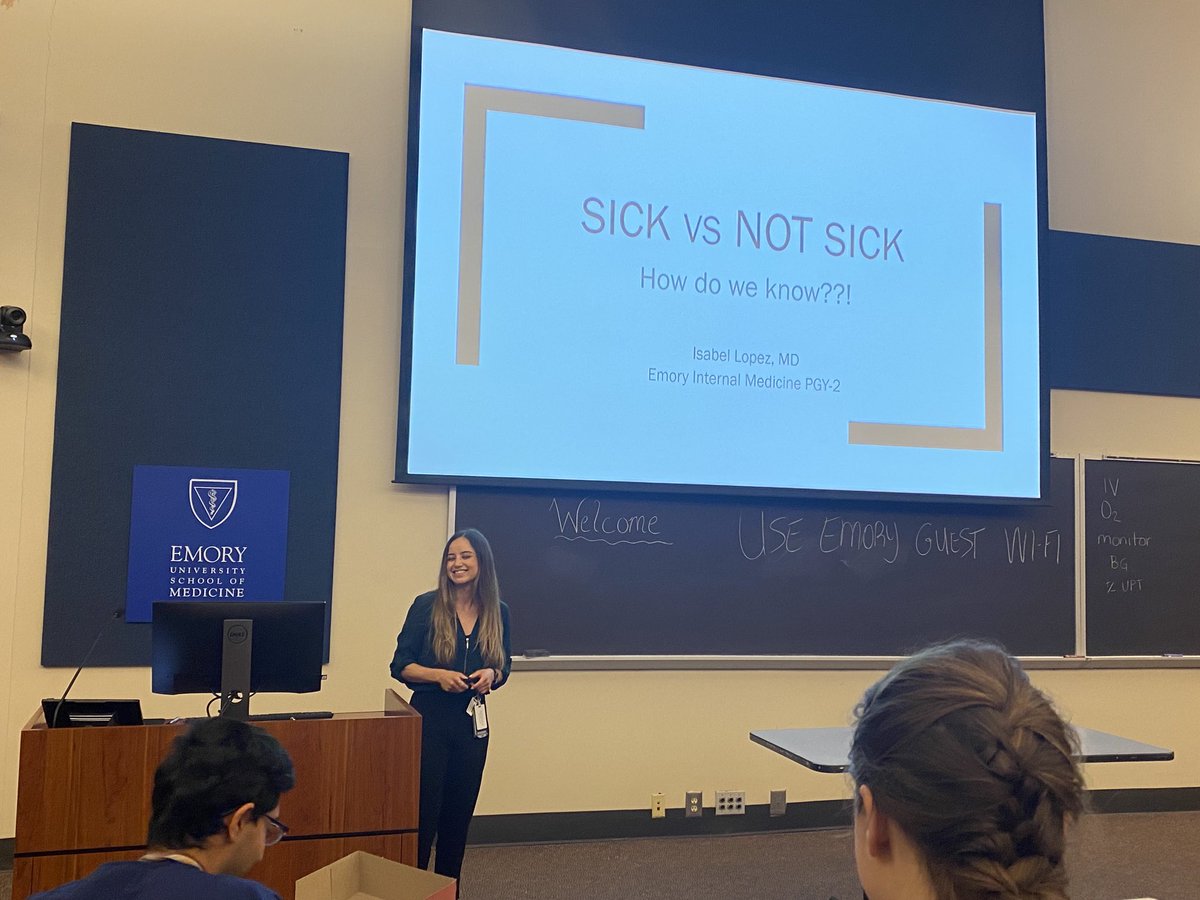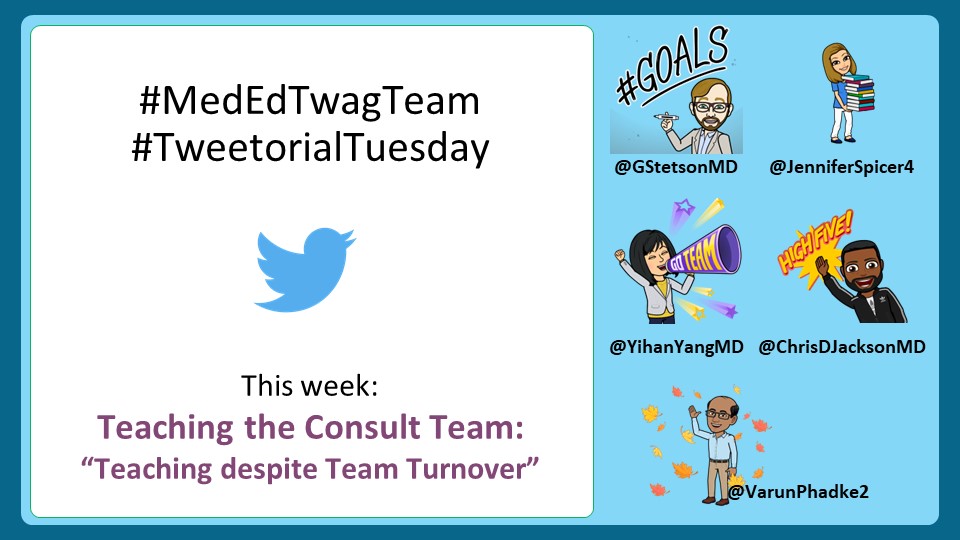1/ This study documents patients who tested positive for SARS-CoV-2 after an initial negative test
Thx @EmoryMedicine MS3s @ariellevaldez & Eman Hijab (creators), @an_xiao_ & @cg_coleman (editors), &@EmoryDeptofMed ID fellow @DBhamidipatee (review)
#EducationInTheTimeOfCOVID
Thx @EmoryMedicine MS3s @ariellevaldez & Eman Hijab (creators), @an_xiao_ & @cg_coleman (editors), &@EmoryDeptofMed ID fellow @DBhamidipatee (review)
#EducationInTheTimeOfCOVID

2/ It's unclear from this report if this is truly "reactivation." The authors mention that patients had symptoms, but it's unclear if these are new symptoms or persistent symptoms.
Is this really reactivation? Or just persistent infection? Or re-infection?
Is this really reactivation? Or just persistent infection? Or re-infection?
3/ It's all a little unclear, but it will be interesting to see more data
A positive PCR test just detects viral nucleic acid; it doesn't confirm actual live, replicating virus is still present. We don't know if these patients are still infectious (& they're likely not)
A positive PCR test just detects viral nucleic acid; it doesn't confirm actual live, replicating virus is still present. We don't know if these patients are still infectious (& they're likely not)
4/ I'm interested to know what others think about this paper. I'm not too impressed. I don't think we know much more than we previously did based on this data.
5/ Here's the link to the paper:
ncbi.nlm.nih.gov/pmc/articles/P…
And a link to our new webpage that hosts the literature summaries from our #EmoryID fellows and visuals from our medical students
med.emory.edu/departments/me…
ncbi.nlm.nih.gov/pmc/articles/P…
And a link to our new webpage that hosts the literature summaries from our #EmoryID fellows and visuals from our medical students
med.emory.edu/departments/me…
• • •
Missing some Tweet in this thread? You can try to
force a refresh
















